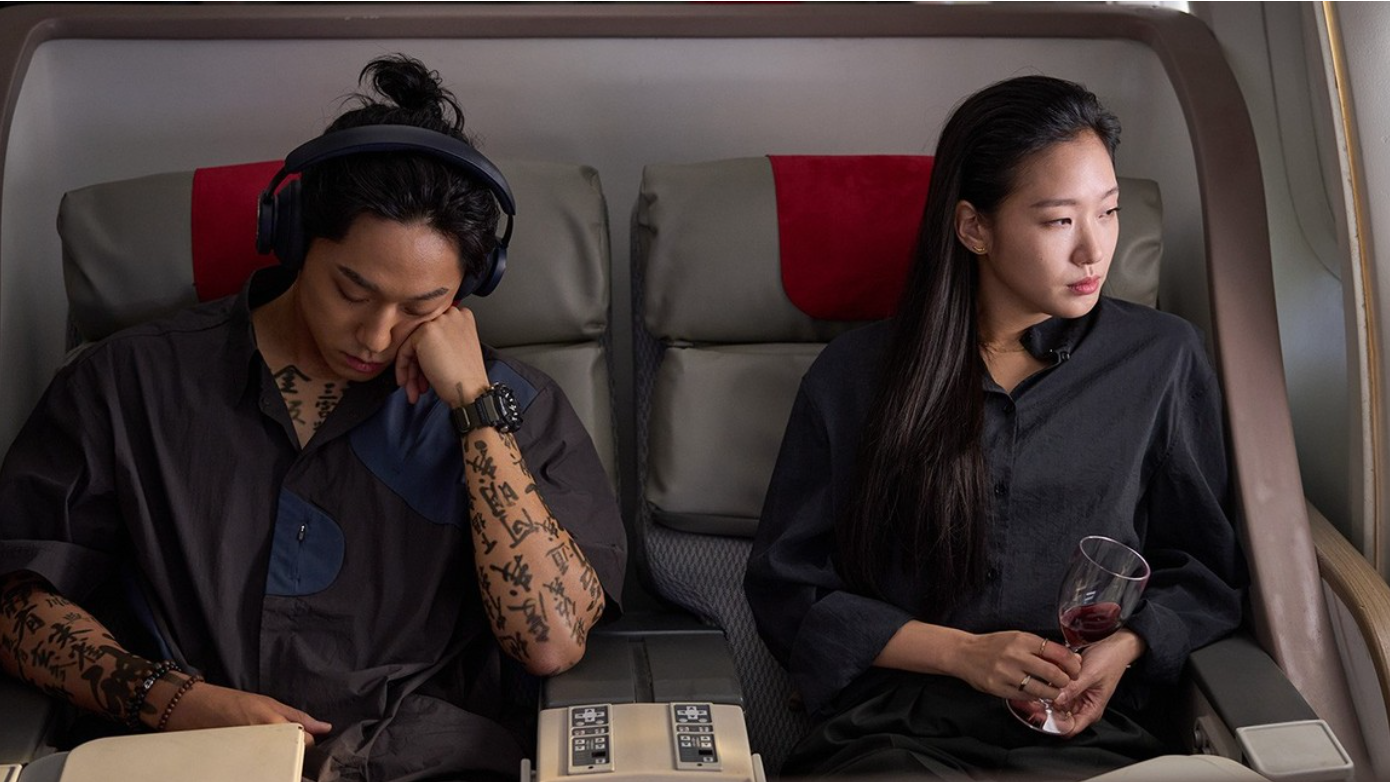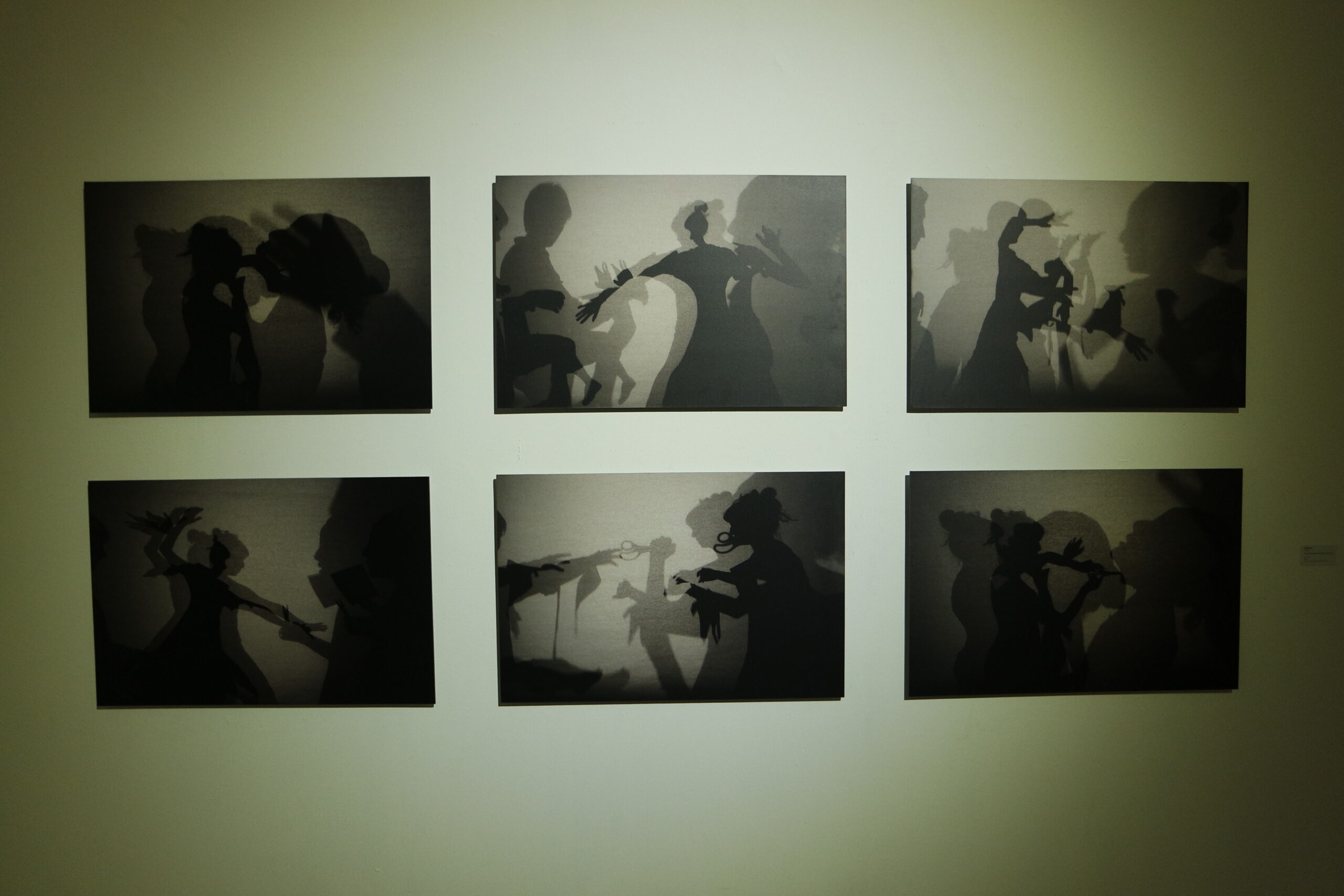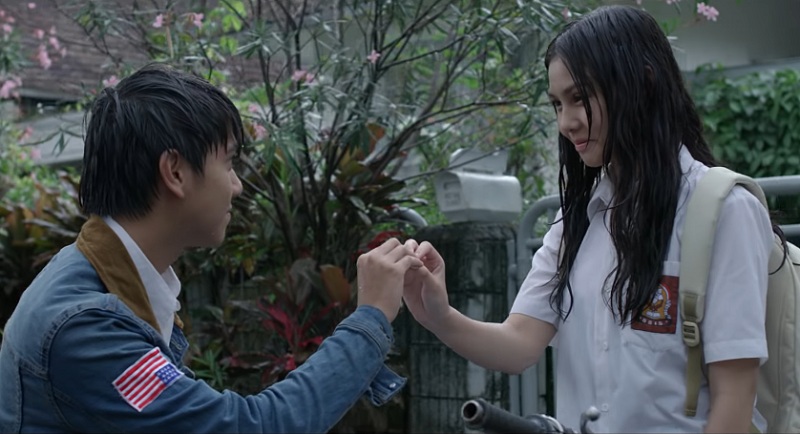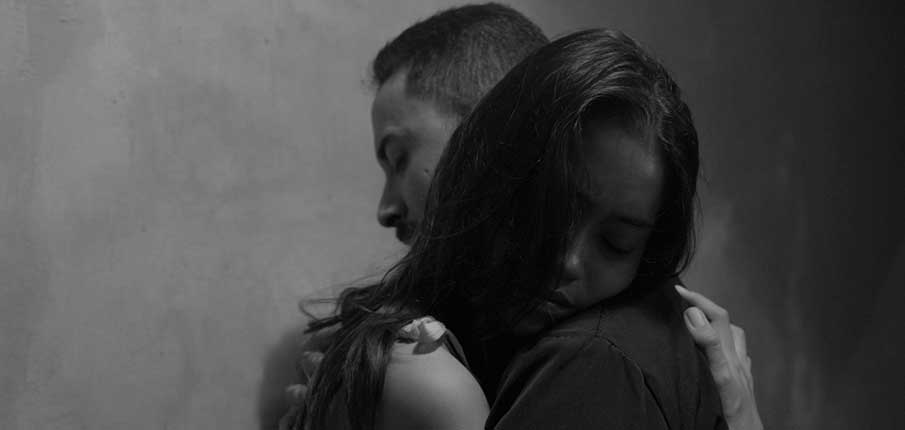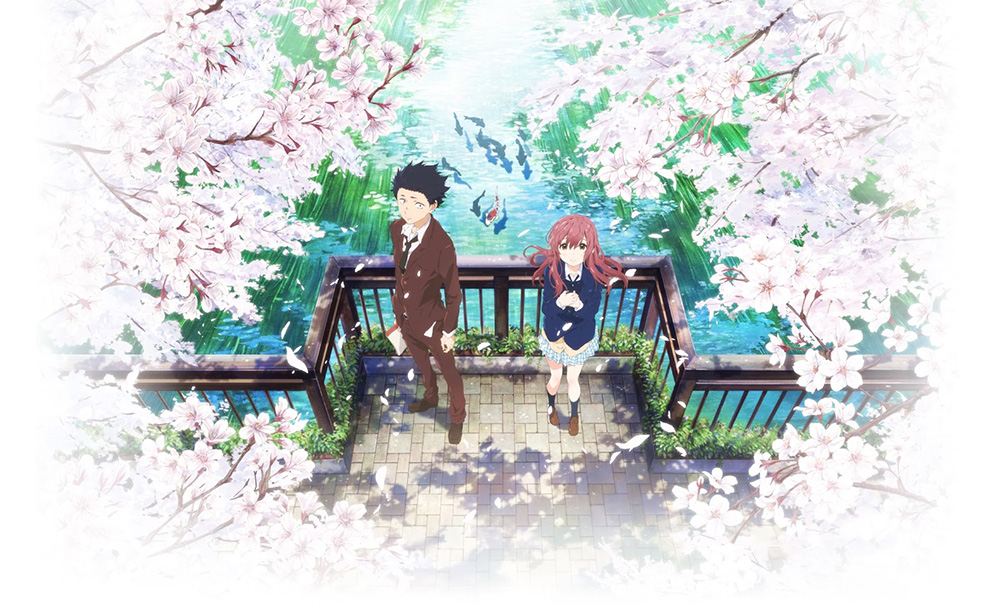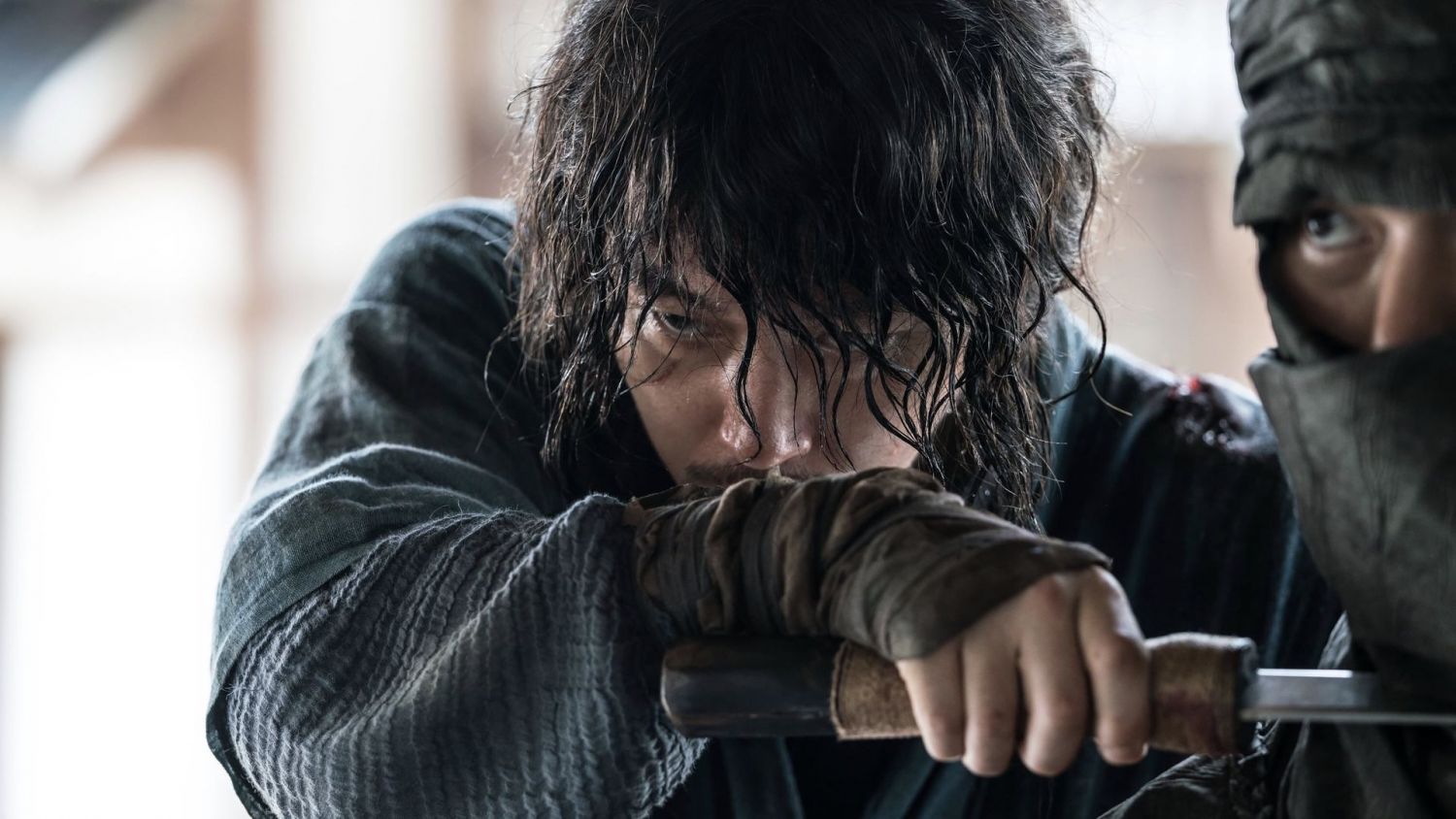Horror and supernatural films have long been a popular genre in cinema, often drawing inspiration from the deep scars of the past. These films delve into the darker aspects of human experience, tapping into our primal fears and the collective trauma of history. Horror and supernatural films also provide a platform for the exploration of deep-seated psychological fears and traumas.
The human experience is marked by a collective history of trauma and fear, stemming from events such as wars, pandemics, natural disasters, and societal upheavals. These experiences leave deep scars on the collective psyche, creating a reservoir of fear and anxiety that is passed down through generations. Horror and supernatural films often draw from this well of collective fear, tapping into universal themes of mortality, the unknown, and the struggle between good and evil.
Exhuma, the recent South Korean’s box office also gives highlight on how the past’s nightmare can become today’s evil. As during the era of World War II, the major focus of Japan was to seek to conquer Asia, especially Eastern Asia. The Japan’s colonialization of South Korea left deep scars in the history of the country. The narrative pinned a wholly unique horror supranatural story.
“Exhuma presents a surprising and captivating interpretation of folk horror.”
Despite being rich in lore and spiritual worldbuilding, the newest horror creation from writer director Jae-hyun Jang (Svaha: The Sixth Finger, The Priests) effectively harmonizes its dark, occasionally gory folkloric horror with moments of light-heartedness and emotional depth.
It narrates the tale of a newborn in a wealthy Korean-American family who is afflicted with an incurable illness. The arrival of a shaman from South Korea named Hwa-rim (Kim Go-eun) and her apprentice Bong-gil (Lee Do-hyun) after being called by the super-rich Park Ji Yong (Kim Jae Cheol) are supposed to investigate the illness of the baby.
Hwa-rim concludes that the family is afflicted by a curse called Grave’s Call, wherein the vengeful spirit from their ancestors haunts the eldest son. The situation makes Hwa-rim and Bong-gil turn to a veteran geomancer named Kim Sang-deok (Choi Min-sik) and Yong-geun (Yoo Hae-jin). Together the four ‘ghostbusters’ must exhume the body of a Park’s ancestor from its ominous nameless grave located at mountain-top on the border between North and South Korea so that it can be cremated, and the spirit forever rest in peace.
Across the film, it tells the struggle of a shaman and a geomancer that must lift a dark curse and exhume a body (2 bodies actually) from a mountain top grave. Of course, excavating the grave unleashes an ultra-evil that none could have predicted. Or might be predicted but none can be prepared.
The film is structured into chapters, enhancing the film’s folk horror essence. Jang initially introduces the characters individually, to make the audience familiar with their personalities. Among the central characters, there exists a distinctive fusion of scientific and paranormal elements, reflecting the convergence of the old and modern worlds. Nevertheless, the narrative wastes no time in cultivating tension, steadily heightening it as these characters delve deeper into the mysteries surrounding the peculiar burial ground.
Exhuma demonstrates a significant focus on delving into traditional Korean death and burial practices, as well as the lore surrounding various spirits and entities. This dedicated exploration not only adds an intriguing layer to the film but also serves to enhance the understanding of non-Korean audiences as they witness the unfolding horrors. It makes up for its paucity of scares through the multiple layers of weirdness that it excavates, as one body leads to another, the plot also develops further.
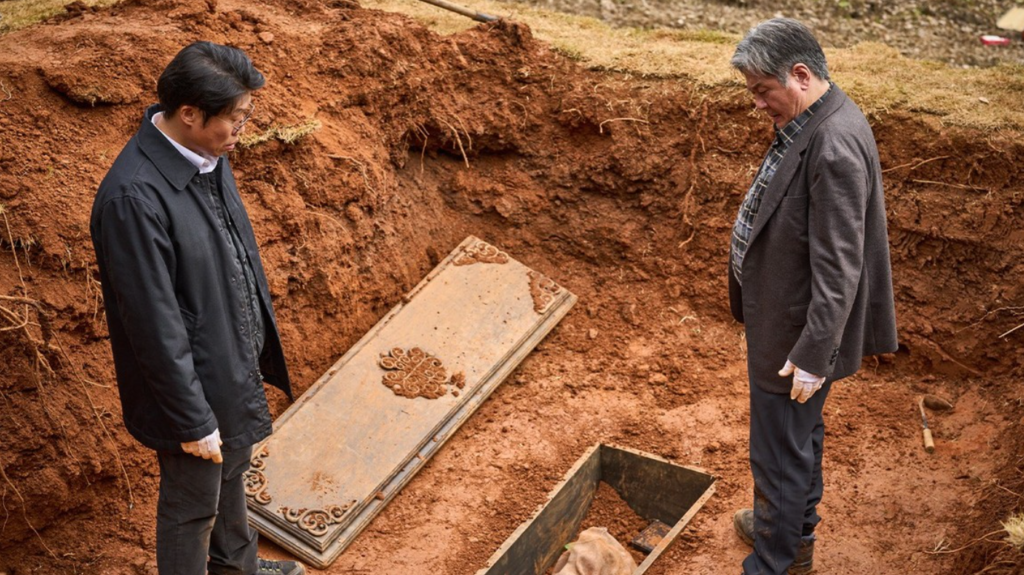
As the film continues, it digs into its heady metaphor of historical horror and how the past has shaped and divided the present. It’s not just a horror here, but current views on South Korea’s residual trauma and tenuous relationship with Japan and reckoning with its ghosts.
The initial Korean family curse serves as the inciting event for a far more ominous type of folk horror that generates innovative imagery with deep historical trauma. As it tries to show that the horror is not just about the colonialization, but also the betrayal of fellow countrymen.
The film’s costume design is pivotal in its portrayal of a harmonious blend between modern and traditional attire, as well as the incorporation of garments used in various rituals. This deliberate choice underscores the intertwined of past and present, visually reinforcing the overarching theme of the film.
Additionally, the adept use of production and set design seamlessly transports the audience between ancient locales and modern urban landscapes, further emphasizing the connection between nature of time and history throughout the narrative. Complementing these visual elements is a haunting musical score that masterfully heightens the fear and emotion in each scene, contributing to the immersive and evocative nature of the film.
Exhuma is a masterpiece of South Korean folk horror brimming with supernatural terror and a gripping emotional core. With its cultural and historical approach including the Buddhism’s holy scripture, the film successfully weaves an intricate plot, combining elements of old and new Korean traditions as a twisted mystery unfolds. It has a perfect balance of scares and drama brought to life by a riveting cast.
Our Score (8/10)
Title: Exhuma
Production: Showbox, Pinetown Production, MCMC
Director: Jang Jae-hyun
Writer: Jang Jae-hyun
Casts: Kim Go-eun, Lee Do-hyun, Choi Min-sik, Yoo Hae-jin, Park Ji-yong

